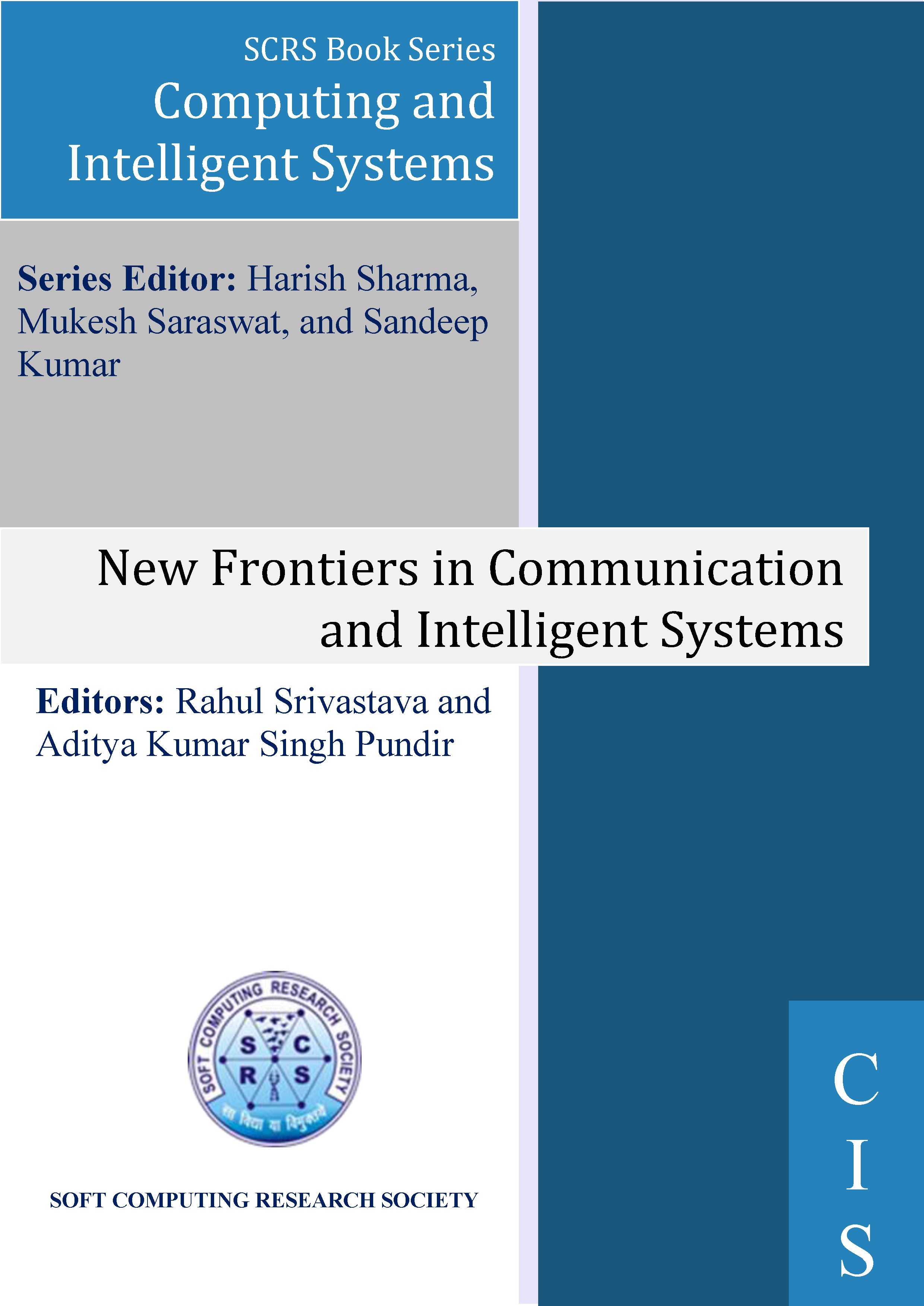
Wireless Charging Systems for Electric Vehicles
Authors: Tushar Lohia, Yash Raj, Prem Narhar Harshe and Sriramalakshmi P
Publishing Date: 16-01-2023
ISBN: 978-81-95502-01-1
Abstract
The transportation systems have been an integral part of various civilizations since the earliest of times. Advancements have been made from time to time depending upon the feasibility, durability, efficiency and ease of access in the locomotives from trains to motor-cycles. The alarming issues regarding global warming and emission of greenhouse gases, arising in recent decades, have brought the conquest to explore more dependable and less harmful sources of energy as compared to fossil fuels into concern around the scientific community in the field of transport. This concern has brought the electrification of transportation under global attention. Since the railways were being connected with overhead conducting rails through pantograph sliders, the electric vehicles (EVs) have been a topic of immersive interest. Electric locomotives have been successfully developed in railway systems for many years. Because trains run on a fixed track, going all-electric is easier than going all-electric with electric cars. As compared to railways, EVs have a more flexible and complex mode of conveyance due to which they cannot be powered the same way. Apart from this EV charging methods take time, and with a plug-in charging technique, only one car may be charged at a time in a specific slot, which is neither flexible nor convenient
Keywords
Electric Vehicles , stationary wireless charging(SWC) , Dynamic wireless charging (DWC) , load efficiency, wireless charging, Capacitive Wireless Power Transfer, Permanent Magnetic Gear Wireless, Power Transfer, Inductive Wireless Power Transfer, Resonant Inductive Wireless Power Transfer.
Cite as
Tushar Lohia, Yash Raj, Prem Narhar Harshe and Sriramalakshmi P, "Wireless Charging Systems for Electric Vehicles", In: Prashant Singh Rana, Deepak Bhatia and Himanshu Arora (eds), SCRS Proceedings of International Conference of Undergraduate Students, SCRS, India, 2023, pp. 239-254. https://doi.org/10.52458/978-81-95502-01-1-27